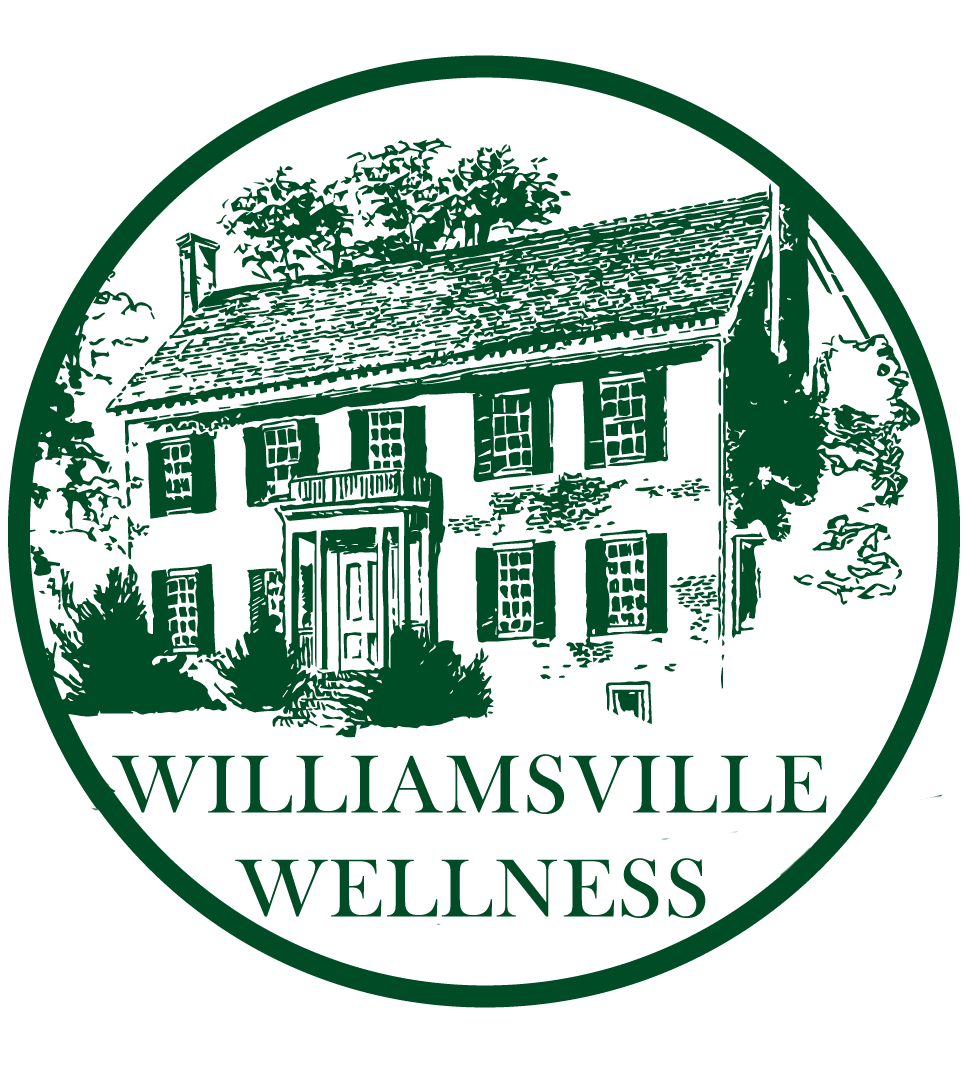Nutrition in Addiction Recovery

It’s difficult to find someone that doesn’t believe that proper nutrition can help you live a longer, healthier life. Eating a well-balanced diet helps individuals support a health immune system, organ function, and fuel everyday life. However, in the body of someone in addiction recovery, proper nutrition is even more important. It can help combat the effects substances may have had on the body, and manage withdrawal symptoms.
Minerals and Vitamins for Addiction Recovery
In many cases heavy alcohol use and opioid consumption can damage the inner lining of the intestines. The small intestine in particular is responsible for the absorption of vitamins and minerals, making some even more important to consume to combat malnourishment. Some common deficiencies those in recovery may face are: vitamin B-12, folate, magnesium, zinc, and calcium. Getting enough of these through food and supplementation will help offset the malabsorption and ensure that you get the vitamins and minerals you need.
Food for Brain Recovery from Addiction
Other than the body, brain health is essential to ensure proper development and function. Many people don’t know that the brain actually continues to develop after the teen years have ended. Many sources believe that the average age the brain finishes development is 25! What this means for younger people entering recovery is now is the time to take steps to ensure proper brain health, as large amounts of alcohol and various other drugs can stunt brain development and cause problems later in life.
One change in the brain caused by excessive drinking over time is the desensitization of GABA receptors. GABA is a neurotransmitter – or chemical messenger in the brain – that naturally relaxes the body. Like matching puzzle pieces, alcohol molecules bind to GABA receptors, creating the same effect. With alcohol use over time, the receptors become used to the increased number of “puzzle pieces” that come towards it – whether it be alcohol or actual GABA. Since the body became used to this increase, it tries to compensate by creating more receptors. It switches out quality for quantity.
When someone begins recovery, the decreased number of puzzle pieces is a shock to the system. Whether alcohol or GABA, the body is receiving less of these sedating molecules, resulting in agitation, restlessness, and anxiety. A dietary change that may help ease this transition is eating more fermented foods such as yogurt, sauerkraut, or kimchi. These foods support the production of GABA and will help offset the imbalance.
Food for Increased Serotonin in Recovery
One essential amino acid the body may lack during recovery is tryptophan. Since the body cannot make it itself, it has to be supplemented in the diet. Some common dietary sources of tryptophan are turkey, salmon, eggs, nuts and seeds, and pineapple. Tryptophan increases the release of serotonin, which in turn creates the release of melatonin.
Serotonin is a neurotransmitter, or a chemical messenger in the brain, responsible for impulse control, pain relief, appetite, and mood stability. Proper levels of serotonin also affect the sleep cycle – maintaining wakefulness during the day, initiating sleep, and improving rapid eye movement (or REM) sleep. REM sleep is the sleep stage with the most brain activity, and higher levels of REM sleep lead to more restful sleep. The body uses serotonin to create melatonin, a hormone released in darkness, and it helps to regulate the internal clock. Melatonin helps your body know when you regularly go to sleep and wake up, regulating your sleep schedule. Together, serotonin and melatonin help your body know its natural rhythm and ensure you’re well rested for your day.
Some ways to increase your serotonin levels are to reduce stress, practice a regular sleep schedule, stabilize blood sugar, consuming enough magnesium, and of course to increase your tryptophan. Some ways to target increasing melatonin are by consuming things such as fatty fish, turkey, nuts and seeds, and a few different fruits and vegetables such as cherries, corn, asparagus, tomatoes, grapes, and broccoli.
Benefits of a Healthy Diet for Addiction Recovery
In many ways, these dietary changes can come full circle. This is because the whole body is a system, and when you take care of it for one purpose, it tends to lead to overall well-being. Some general benefits of a healthy diet are getting better sleep, a more regulated mood, and reduced cravings, but can translate into so much more. You may find your blood sugar stabilizing, weight dropping, increased energy. It really is about the journey – the destination is recovery from addiction, and that is the goal to work towards every day. Alongside that, you’ll be doing so much good for yourself physically, mentally, and spiritually along the way. You may find yourself thinking more positively overall and growing in more aspects of your life. We’re here to support your journey in the transition to an addiction-free life. Give us a call at (804) 559-9959.
By: Courtney Judd

